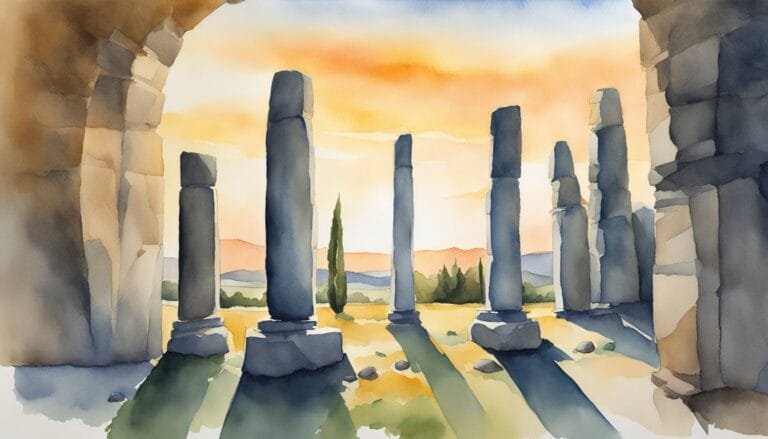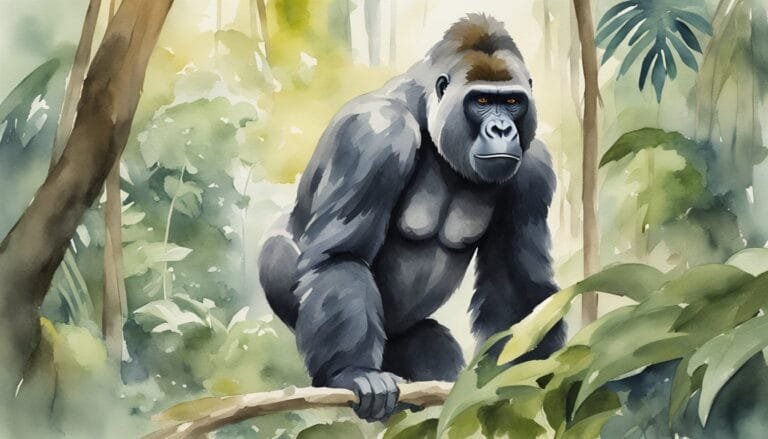Equinox Meaning: More Than Just Equal Day and Night

Equinoxes are astronomical events occurring twice a year, when day and night are approximately equal in length, marking key transition points in Earth's orbit around the Sun.

Equinoxes are astronomical events occurring twice a year, when day and night are approximately equal in length, marking key transition points in Earth's orbit around the Sun.

Rocks are classified as igneous, sedimentary, and metamorphic, each forming under different conditions and continuously transforming through the rock cycle.

Long Covid, also known as the post-acute sequelae of SARS-CoV-2 infection (PASC), defines a set of conditions that continue to affect individuals weeks or even months after recovering from the initial bout of COVID-19.

The FLCCC Alliance is a health organization focusing on COVID-19 treatment research, advocacy, and education, spearheaded by Dr. Pierre Kory with a mission to save lives through effective protocols.

Chest-beating by gorillas is a form of communication used to display dominance, deter rivals, signal alarm, and call the group together.

Satellite views provide an unprecedented perspective on our planet, offering detailed imagery from high above Earth that allows anyone to zoom in on specific addresses, observe weather patterns, assess environmental changes, and much more.

Betta fish originate from diverse freshwater habitats in Southeast Asia, adapting to environments with oxygen-poor water.

Beginning with Alessandro Volta's voltaic pile in 1800, battery technology evolved into practical energy solutions.

Plastic recycling involves the collection and sorting of plastics into different types, which are then mechanically or chemically recycled, aiding in pollution control and resource preservation while also influencing economic and social aspects.

Michigan, uniquely consisting of two peninsulas, boasts the longest freshwater coastline in the U.S., over 11,000 inland lakes, and diverse natural landmarks.